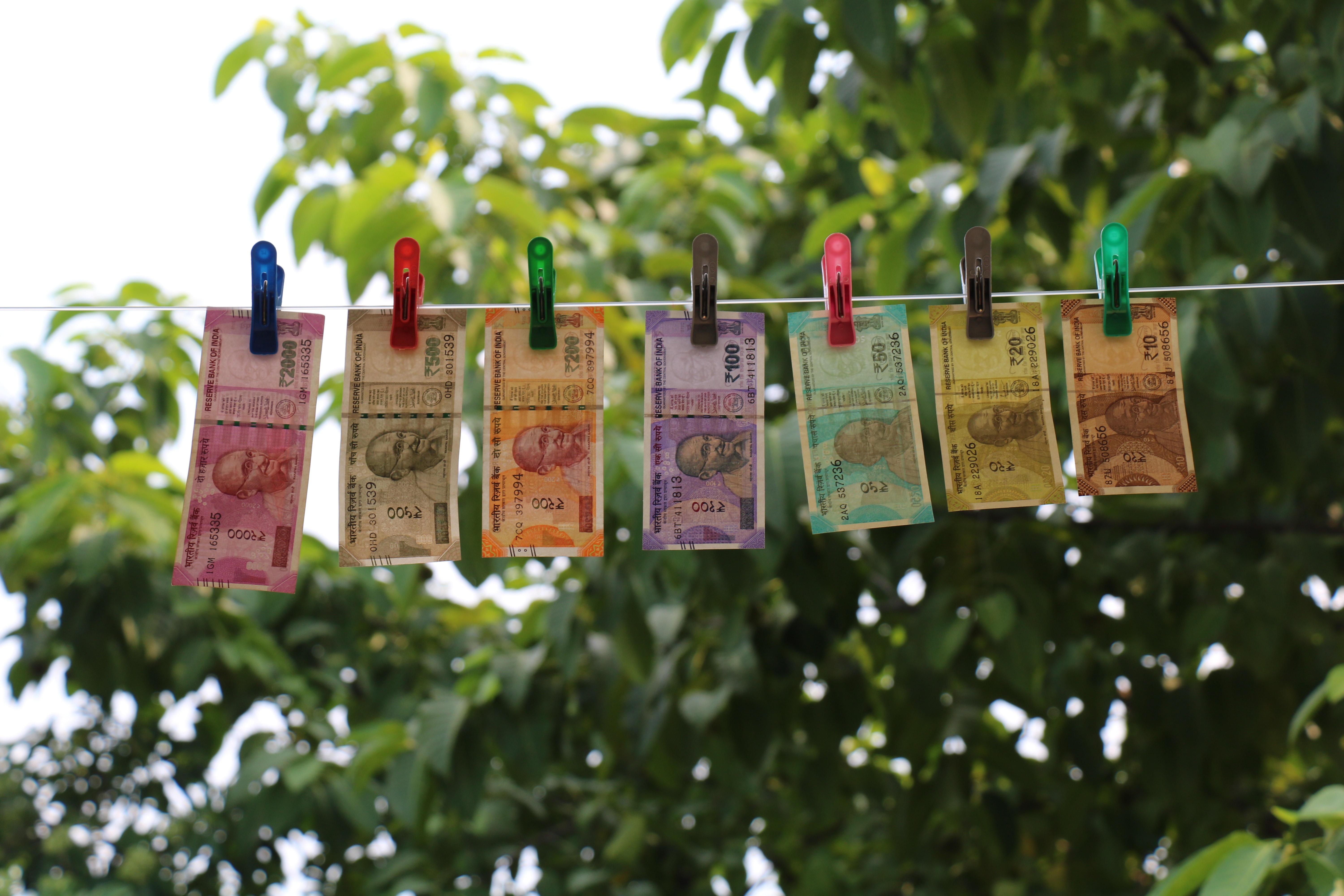EQUITIES
Hong Kong’s Hang Seng index led gains among the major Asia-Pacific markets on Monday following a jump of tech stocks in the city.
In afternoon trade, the Hang Seng index gained 1.90%, with shares of Tencent surged 2.96%, Alibaba up 3.92% and NetEase soared 6.89%. Sentiment was buoyed on recent signal by Chinese authorities of progress toward resolving an audit dispute that’s threatened U.S.-listed Chinese firms with delisting.
Markets in mainland China are closed on Monday and Tuesday this week for holidays.
Elsewhere, Nikkei 225 in Japan rose 0.25%, the South Korea’s KOSPI climbed 0.68%, and in Australia, the S&P/ASX 200 rose 0.27%.
Over in Sri Lanka, trading at the Colombo Stock Exchange was paused for a second time after the S&P SL20 index dropped more than 7.5% from its last close. Market was volatile after Sri Lanka’s central bank governor and Youth and Sports Minister had submitted their resignation to the country’s president.
OIL
Oil prices paused last week descent to inch slightly higher on Monday. A truce in Yemen sparked hopes that supply issues in the Middle East could be eased, even as investors eyed the release of supplies from strategic reserves from consuming nations.
The United Nations has brokered a two-month truce between a Saudi-led coalition and the Houthi group aligned with Iran for the first time in the seven-year conflict. Saudi oil facilities have come under attack by the Houthis during the conflict, adding to supply disruption from Russia.
Brent was last quoted 67 cents higher at $105.36, while U.S. crude gained 88 cents to $100.45.
Oil prices slumped more than 13% last week U.S. and other IEA nations said they will release oil from their strategic reserves to combat inflationary pressures.
CURRENCIES
Investors reacted by hammering short-dated Treasuries and further inverting the yield curve as the market priced in the risk all this tightening would ultimately lead to recession.
The two-year yields rising to as high as 2.495%, climbed to their highest level since early 2019 on Monday and well above the 10-year at 2.419.
The dollar index meanwhile was last at 98.588, having recently bounced around between 97.681 and 99.377.
Rubles clawed its way back to near where it was before the invasion, courtesy of a series of aggressive measures taken by the Russian government and its central bank. The currency had lost nearly half of its value in the period.
GOLD
Rise in bond yields drags on gold, although the Ukraine crisis and talks of more sanctions against Russia supported safe-haven demand.
The metal was stuck at $1,925.10 an ounce, while U.S. gold futures rose 0.2% to $1,927.60.
Spot silver edged 0.2% lower to $24.57 per ounce, platinum was down 0.1% at $984.49, while palladium rose 1.3% to $2,306.19.
ECONOMIC OUTLOOK
Stocks rose Monday amid a rally in Hong Kong spurred by China’s move to ease a dispute with the U.S. over audits. Treasuries fell on the prospect of sharp Federal Reserve interest-rate hikes to fight inflation.
Chinese tech shares in Hong Kong rallied after Beijing sought to modify a rule that restricts offshore-listed firms from sharing sensitive financial data with foreign regulators. That may allow the U.S. to gain full access to audits, reducing the risk of Chinese firms losing their Wall Street listings. In mainland China, where markets are closed for a holiday, with most of Shanghai’s 25 million residents are under extended lockdown.
Russia-Ukraine peace talks dragged on, with traders weighed the prospect of stiffer sanctions on Russia over the war in Ukraine. Germany said on Sunday that the West would agree to impose more sanctions on Russia in the coming days after Ukraine accused Russian forces of war crimes.
Germany's defence minister also said the European Union must discuss banning imports of Russian gas, a step that would likely send prices yet higher while forcing some sort of energy rationing in Europe.
The release of the minutes of the last Federal Reserve minutes later this week will be watch very closely for the line of thinking on rate hikes and plans to shrink the balance sheet. Economic reports of note due in also include updates on factory orders, consumer credit, PMI prints, trade balance and jobless claims.













